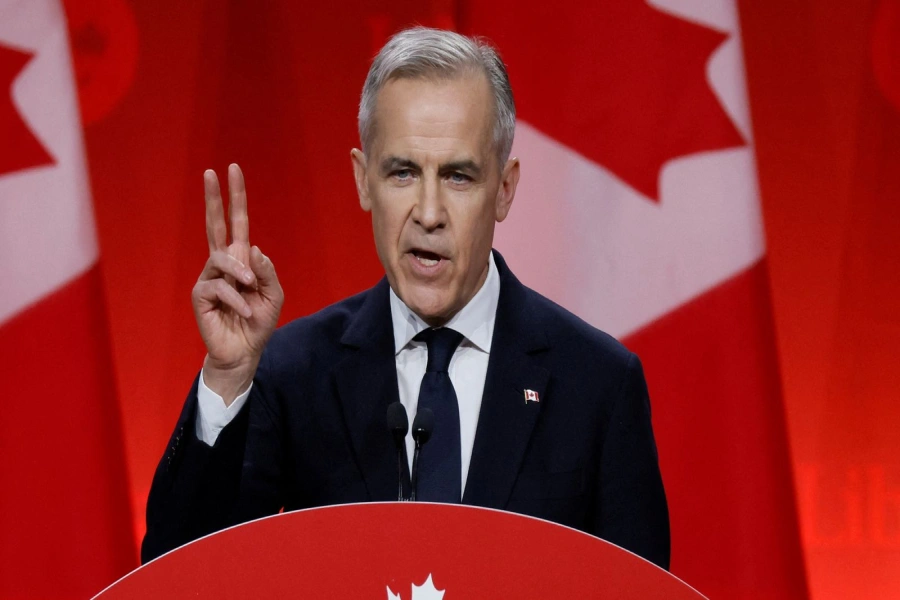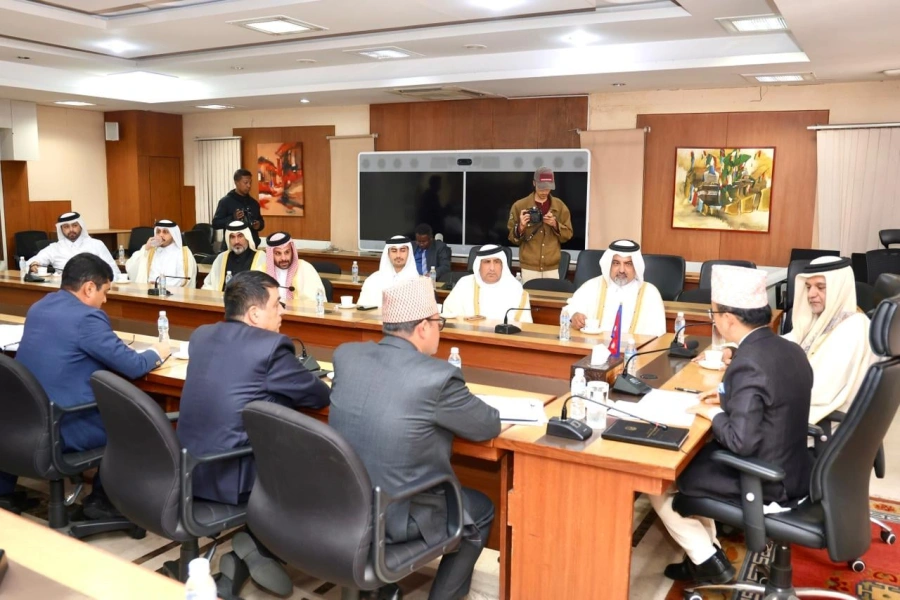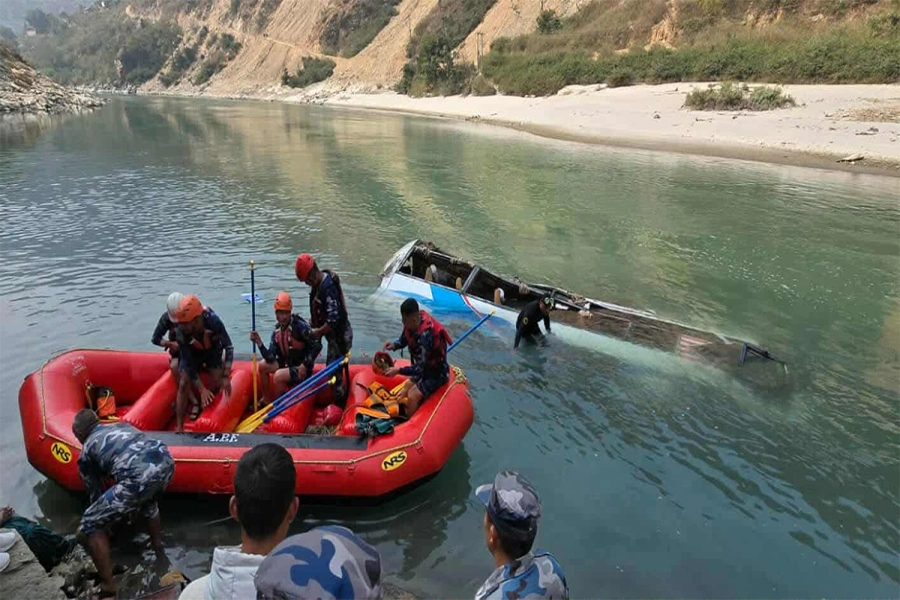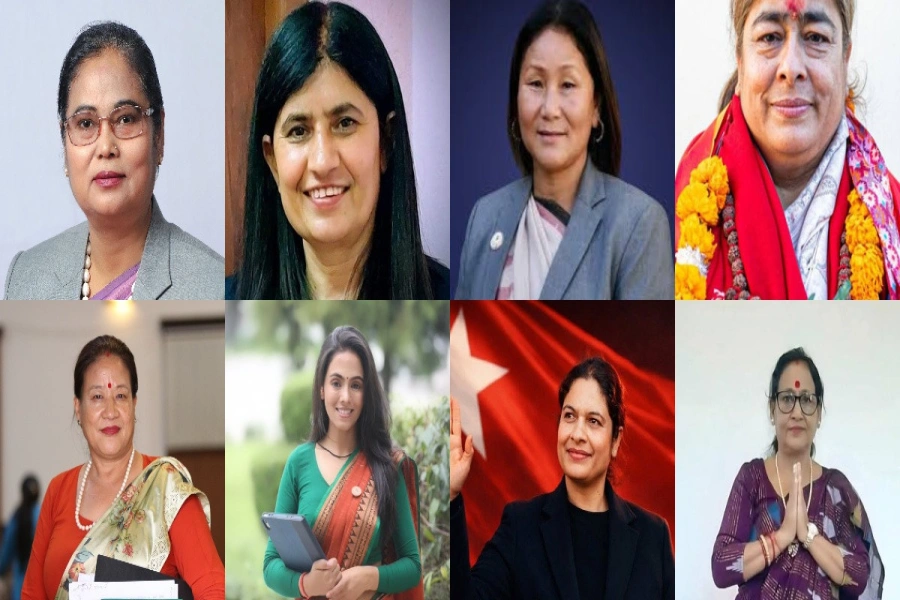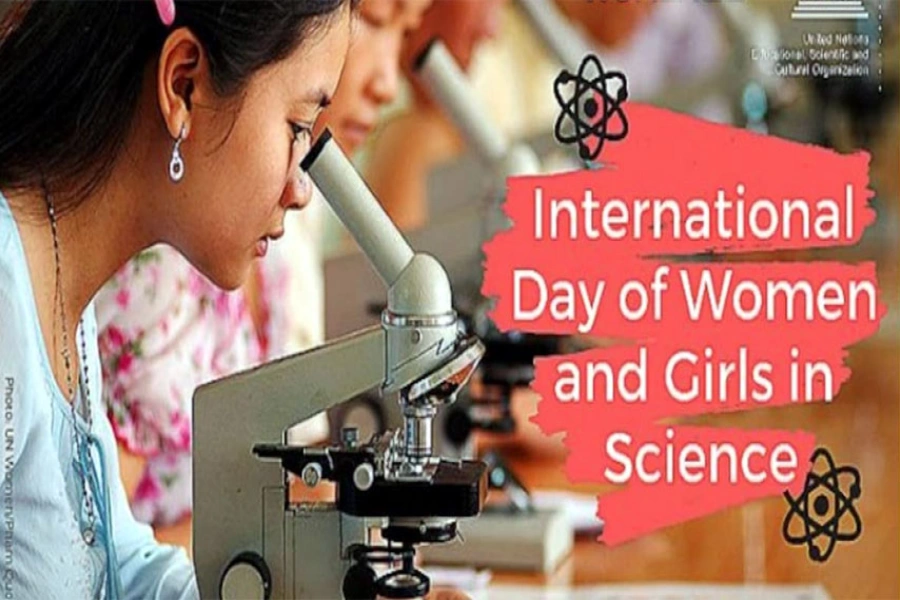He is one of the many students who were given the opportunity for a top class education through the scholarship program offered by Budanilkantha School. But what was different, his competence aside, he was, from a very young age, an avid reader.
“From a young age, I’m not sure why, I was reading Mao and Stalin. Learning that social change was possible began very young for me.”[break]
And though he attended the local Janata Primary School in Tiple only until the third grade, his holidays spent at home drove him to many extremes. His free time was spent attending political meetings, doing what he then thought was the only route to social change. “In my days of political activism, I was even shot in the leg after an army raid.”
The stark contrast of his life then and to what it is now is striking. Tulsi now runs a training initiative that focuses on capacity building and training on democracy for students in over forty +2 colleges in Saptari and Dhanusha districts.
“There’s a power vacuum in this country, and that can only be filled in by our generation through an understanding of democracy, leadership, and the awareness of rights.”
Tulsi was recently appointed vice president of the Society of Ex-Budanilkantha Students (SEBS), an international group boasting 4,500 members.

When asked why the sudden shift from party activism to civil activism, he simply says, “In Nepal, one comes to realize that the government isn’t giving the youth the foundations they need to excel, and as controversial as what I do now may be, at least I’ve been given a platform to create the change I’ve always dreamt of.”
His view remains that while politics is vital, “if social change isn’t made viable from our politics and government, then we have no option than to make it possible through other means. All I know is that without social change, we’re doomed.”
Tulsi is an herb, indigenous to Nepal and South Asia, and Tulsi Ramtel – a Dalit Nepali, to boot – will yet provide some strong medicines and relief needed by Nepali society as a whole.
Renowned educationist Angur Baba Joshi passes away



